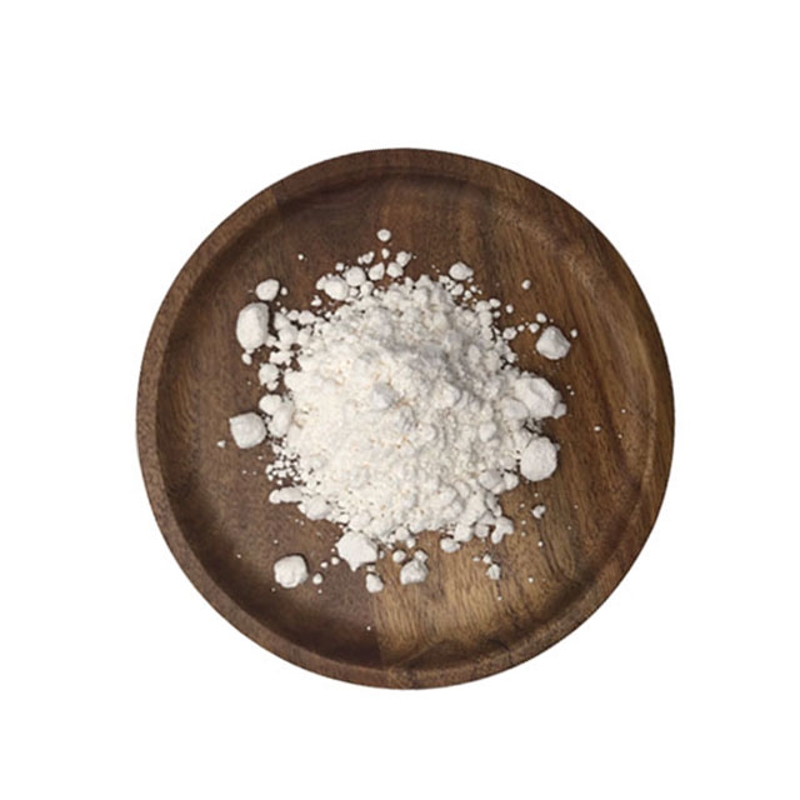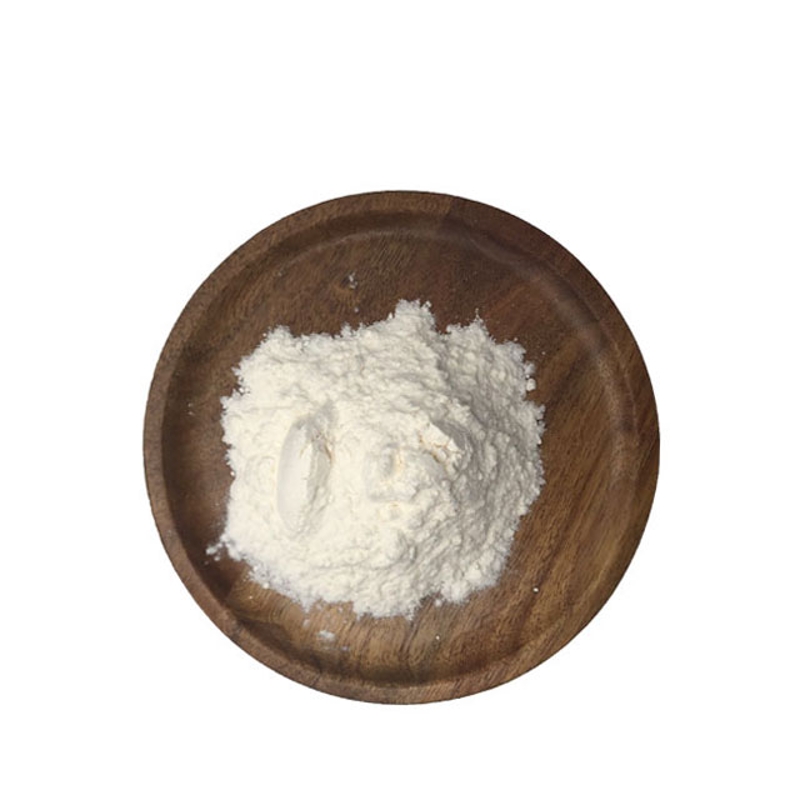-
Categories
-
Pharmaceutical Intermediates
-
Active Pharmaceutical Ingredients
-
Food Additives
- Industrial Coatings
- Agrochemicals
- Dyes and Pigments
- Surfactant
- Flavors and Fragrances
- Chemical Reagents
- Catalyst and Auxiliary
- Natural Products
- Inorganic Chemistry
-
Organic Chemistry
-
Biochemical Engineering
- Analytical Chemistry
- Cosmetic Ingredient
-
Pharmaceutical Intermediates
Promotion
ECHEMI Mall
Wholesale
Weekly Price
Exhibition
News
-
Trade Service
Professor Wu Anhua of the Department of Neurosurgery of the First Affiliated Hospital of China Medical University and other studies have determined that ferrozosis is the most common PCD among gliomas, and is highly correlated
with malignant progression, low survival rate and immunotherapy resistance of gliomas.
The results were published in the July 2022 issue of the journal
Neuro Oncol.
- Excerpted from the article chapter
【Ref: Liu T, et al.
Neuro Oncol.
2022 Jul 1; 24(7):1113-1125.
doi: 10.
1093/neuonc/noac033.
】
Research background
Immune checkpoint blockade (ICB) is an emerging therapy for current tumor immunotherapy, and suppressive immune microenvironment is the main cause
of glioma immunotherapy resistance.
Programmed cell death (PCD) occurs from time to time in tumors; A large number of previous literature reports that PCD can change the tumor immune microenvironment
.
However, little is currently known about the complex relationship between PCD status, suppressive immune microenvironment, and immunotherapy in
gliomas.
Professor Wu Anhua of the Department of Neurosurgery of the First Affiliated Hospital of China Medical University and other studies determined ferroptosis as the most common PCD in gliomas, and was highly correlated
with malignant progression, low survival rate and immunotherapy resistance of gliomas.
The results were published in the July 2022 issue of the journal
Neuro Oncol.
Research methods
The study included four separate glioma databases, CGGA RNA-seq, TCGA RNA-seq, REMBRANDT microarray, and GSE16011 microarray, with a total of 1,750 glioma patients
.
Bioinformation analysis was used to fully explore the relationship between PCD status, microenvironment cellular components and biological phenotype.
The role of
ferrozois in glioma immunotherapy resistance was confirmed using clinical tissue and in vitro specimens and in vivo and in vitro experiments.
Study results
The results showed that gene enrichment analysis showed that PCD score was significantly higher than other types in glioblastoma (GBM).
PCD modalities include apoptosis, autophagy, ferrozosis, pyroptosis, and programmed cell necrosis; Among them, iron death is the main type
.
Ferrozosis is significantly associated
with malignant progression, poor prognosis, and immunotherapy resistance in glioblastoma patients.
Strengthening ferrozois can induce the activation and infiltration of immune cells and weaken the anti-tumor cytotoxic killing effect; Tumor-associated macrophages (TAMs) may be involved in iron-phozoosis-mediated immunosuppressive processes; Ferrozosis can recruit and induce the polarization of TAM to M2 type, which plays a role
in suppressing immunity.
Animal experiments have shown that the combination of iron death inhibitors with programmed cell death receptor 1 (PD-1) and cell programmed cell death-ligand 1 (PD-L1) inhibitors can produce a synergistic therapeutic effect
in GBM mouse model immunotherapy.
Conclusion of the study
In summary, ferrozosis is associated
with malignant progression, low survival, and immunotherapy resistance in glioma patients by activating the PCD process.
Inhibitors of iron zosis significantly improve the glioma inhibitory immune microenvironment, thereby improving the efficacy of
ICB.







